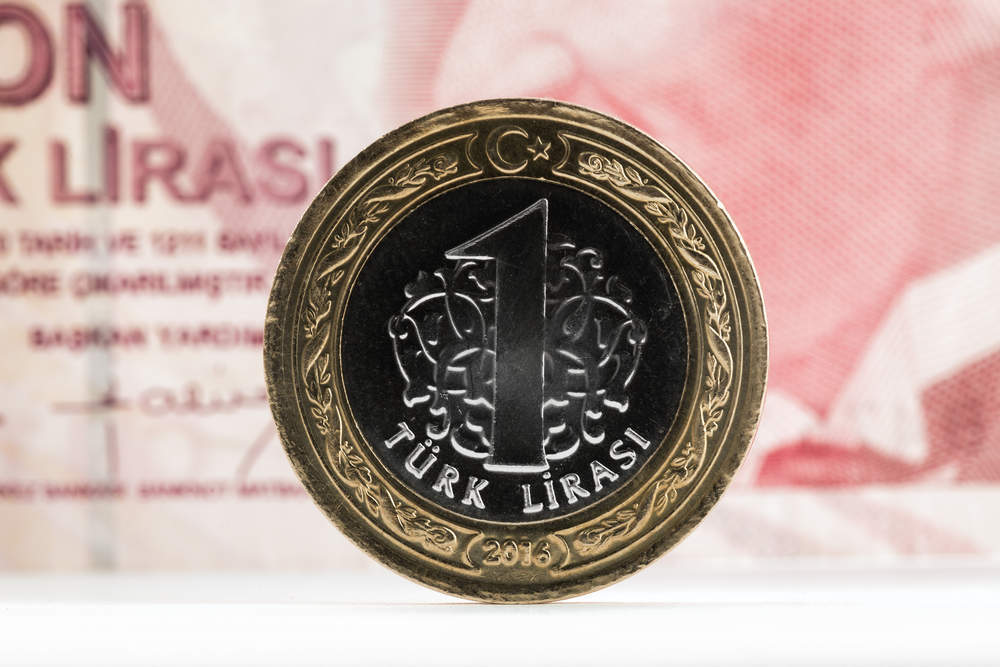Turkey’s financial crisis is unlikely to spark downturns in developed countries, but panic could spread to other developing countries.
Turkey’s crisis has seen its currency plunge against the dollar, but the threat of panic spreading to other markets so far seems muted. According to the World Bank, Turkey accounted for less than one percent of global GDP in 2017.
The EU28 ran a trade surplus of EUR5.3bn with Turkey between January and May 2018, according to Eurostat.
However, the European Central Bank has expressed concern about the exposure of some European banks to Turkey, such as BBVA, UniCredit, and BNP Paribas.
According to the Bank for International Settlements, Spanish banks have an $81bn exposure to Turkish debt, and BBVA in particular is highly exposed as Turkey accounted for 16% of its gross income in the first half of 2016, meaning a collapse in the Lira would have a significant impact on the company’s finances
However, analysts still expect a worst case scenario will unlikely trigger a wider downturn. UniCredit said Yapi Kredi accounted for 2% of group revenues in the first half of 2018. Yapi Kredi is a Turkish bank UniCredit possesses a 40% stake in.
How well do you really know your competitors?
Access the most comprehensive Company Profiles on the market, powered by GlobalData. Save hours of research. Gain competitive edge.

Thank you!
Your download email will arrive shortly
Not ready to buy yet? Download a free sample
We are confident about the unique quality of our Company Profiles. However, we want you to make the most beneficial decision for your business, so we offer a free sample that you can download by submitting the below form
By GlobalDataTrump’s doubling of steel and aluminum tariffs on Turkish imports made headlines, but from the US perspective Turkey is a relatively minor source of imports. Between January to May 2018, Turkish steel accounted for 2.6% of the value of US steel imports. It is somewhat more significant for Turkey, as steel exports accounted for 7.3% of the country’s exports in 2017, according to the Turkish Steel Exporters’ Association.
Risk is more profound to emerging markets
While Europe and the US are unlikely to suffer from the Turkish crisis, there is the risk of panic amongst peer developing countries such as Mexico and South Africa. While Turkey is unique given its $300bn dollar-denominated debt, other countries also took advantage of the virtually zero US interest rates to borrow.
South Africa’s gross external debt was approximately $183.2bn at the end of March 2018, and the currency also plunged on Monday following the Turkish Lira.
Foreign debt, as a percentage of gross national debt, has been rising over the last five years, with the government projecting a 52.3% increase in greenback-denominated interest payment between 2015/16 and 2019/20 to $1.1billion.
The rand plunged more than 8% along with the Turkish lira on Monday morning, reaching a low point of R15.41 to the dollar at about 2.30am, where it was last in June 2016. The currency has rallied somewhat since, although remains down.
Turkey is currently in the throes of a currency crisis as concerns over its economy overheating and exposure to foreign debt has seen the lira plummet. The Turkish government has also refused to raise interest rates and possesses little foreign exchange reserves to maintain its currency.








Related Company Profiles
UniCredit SpA